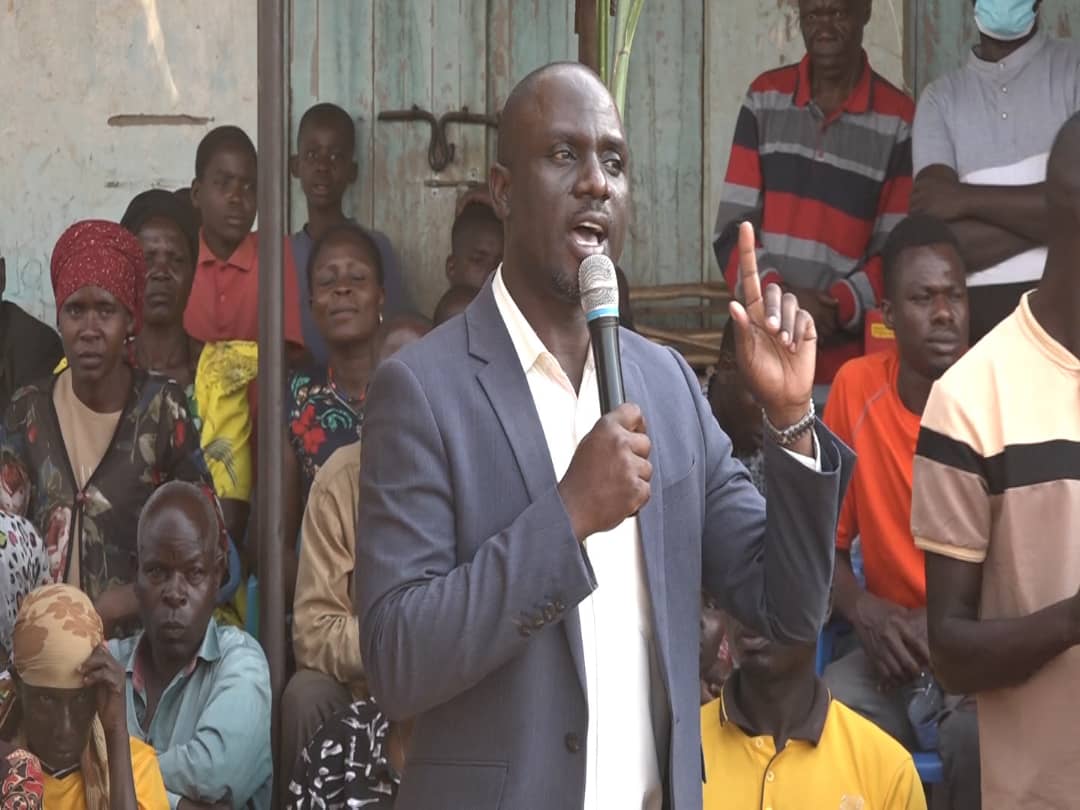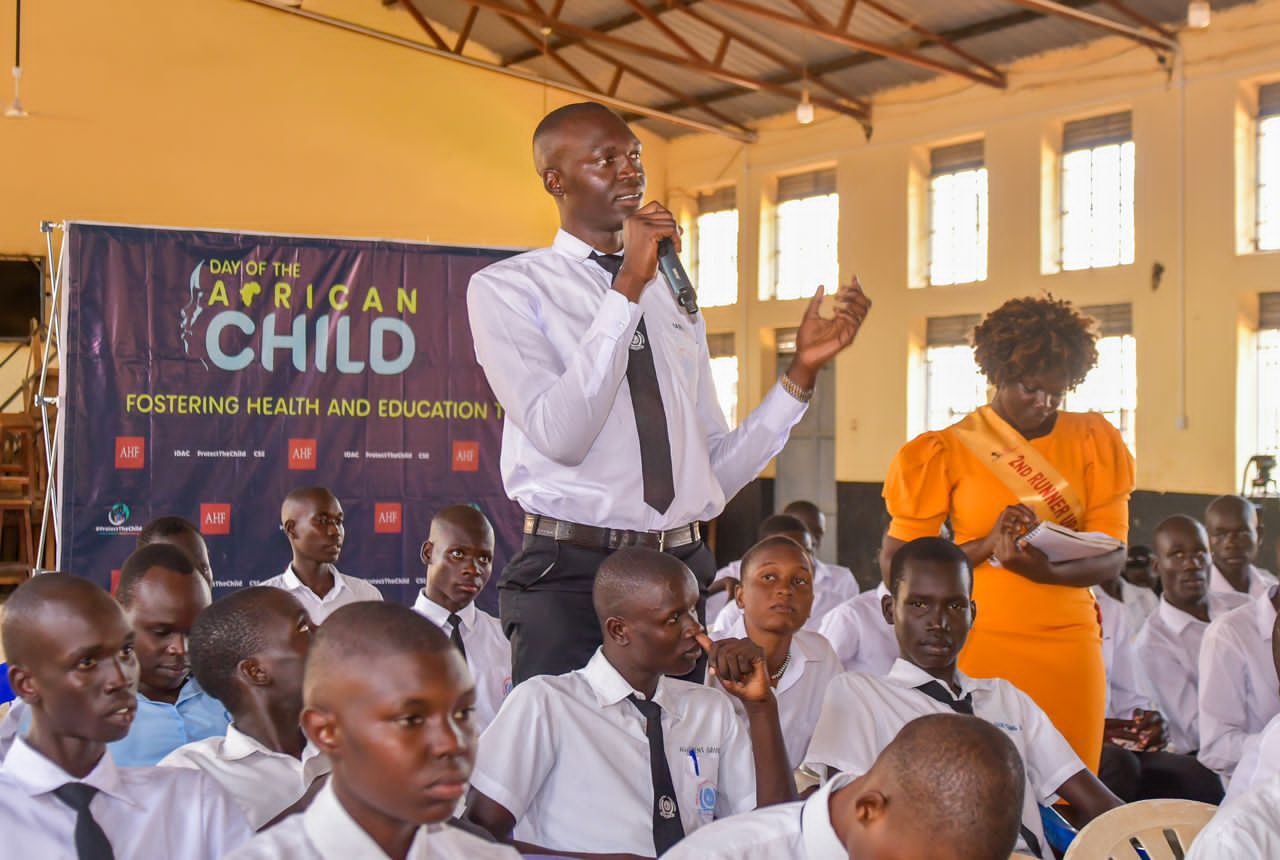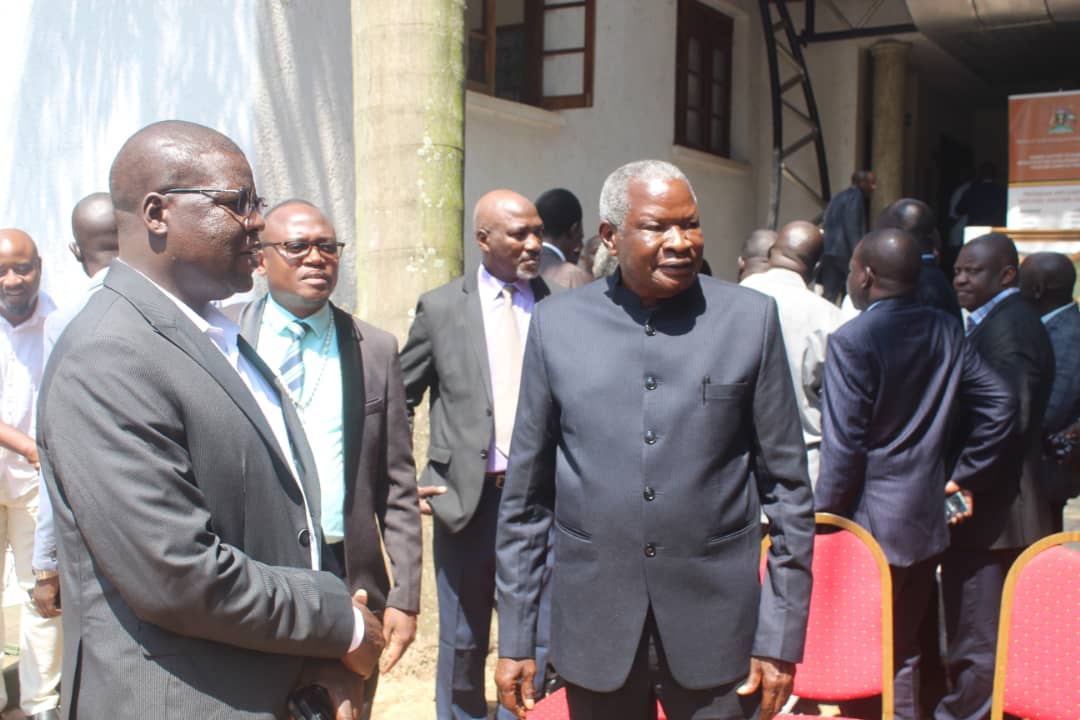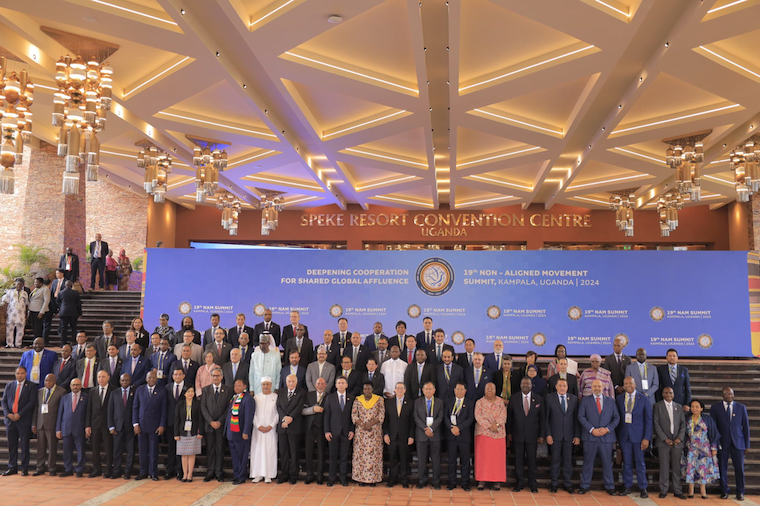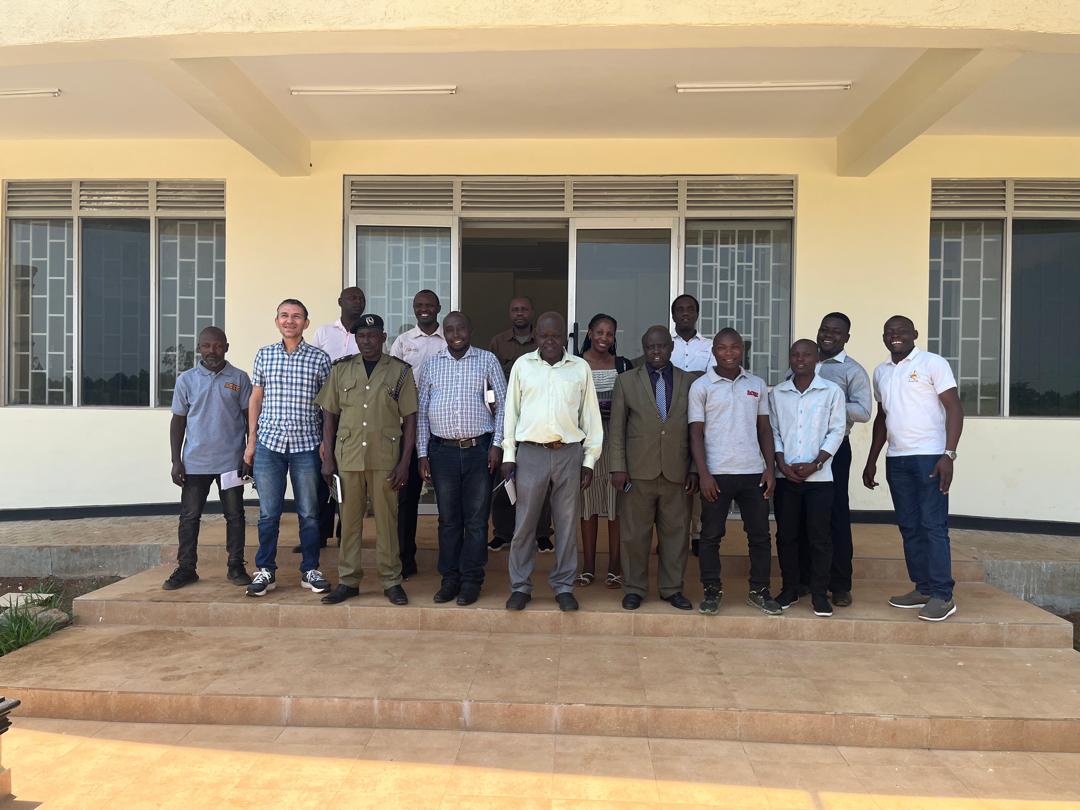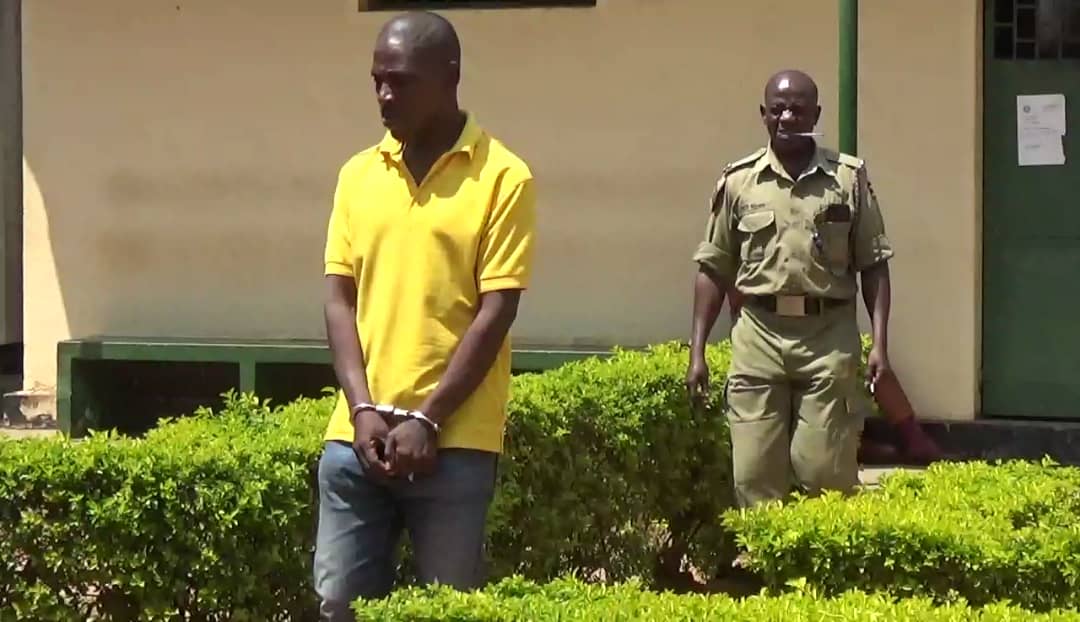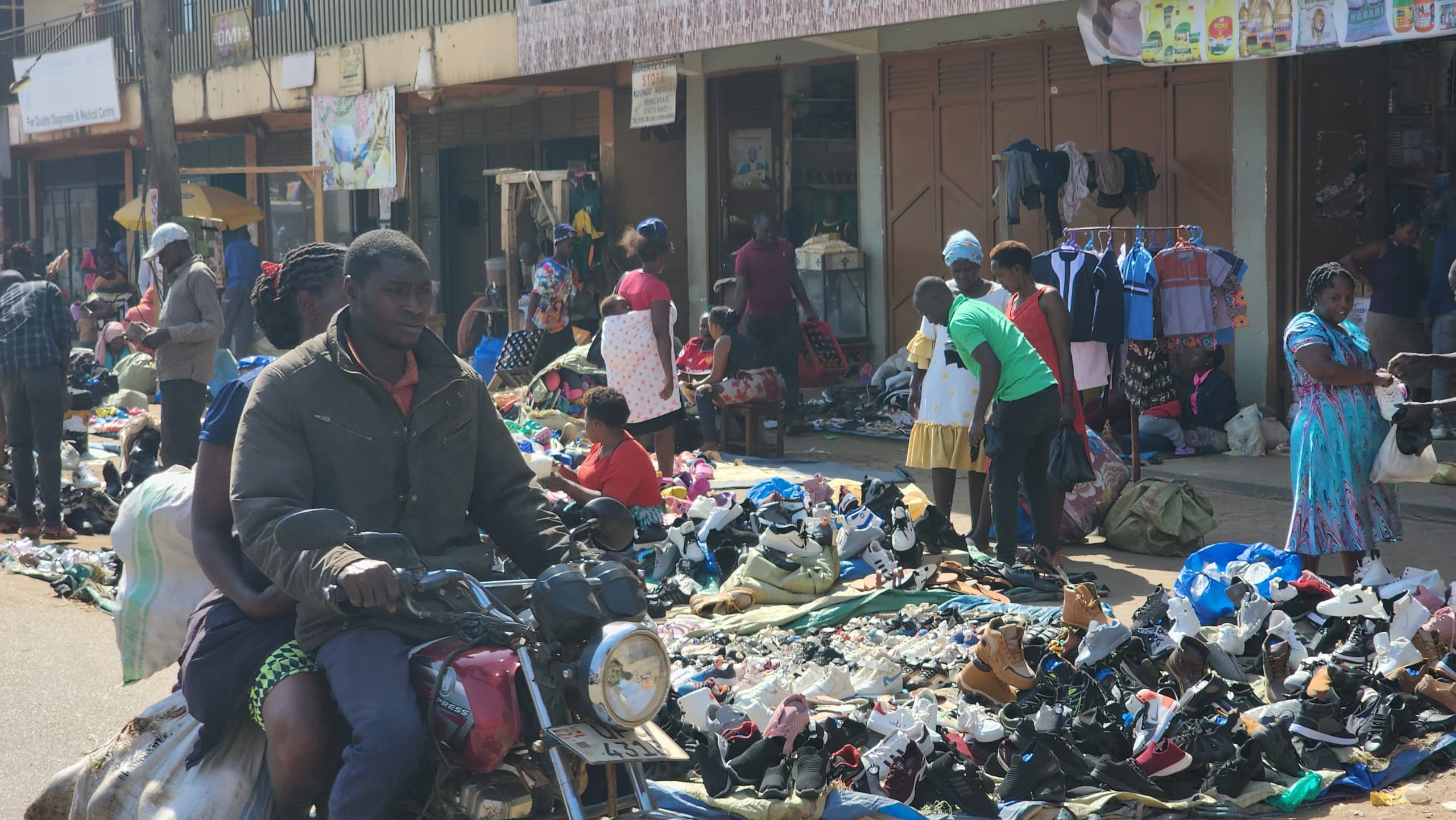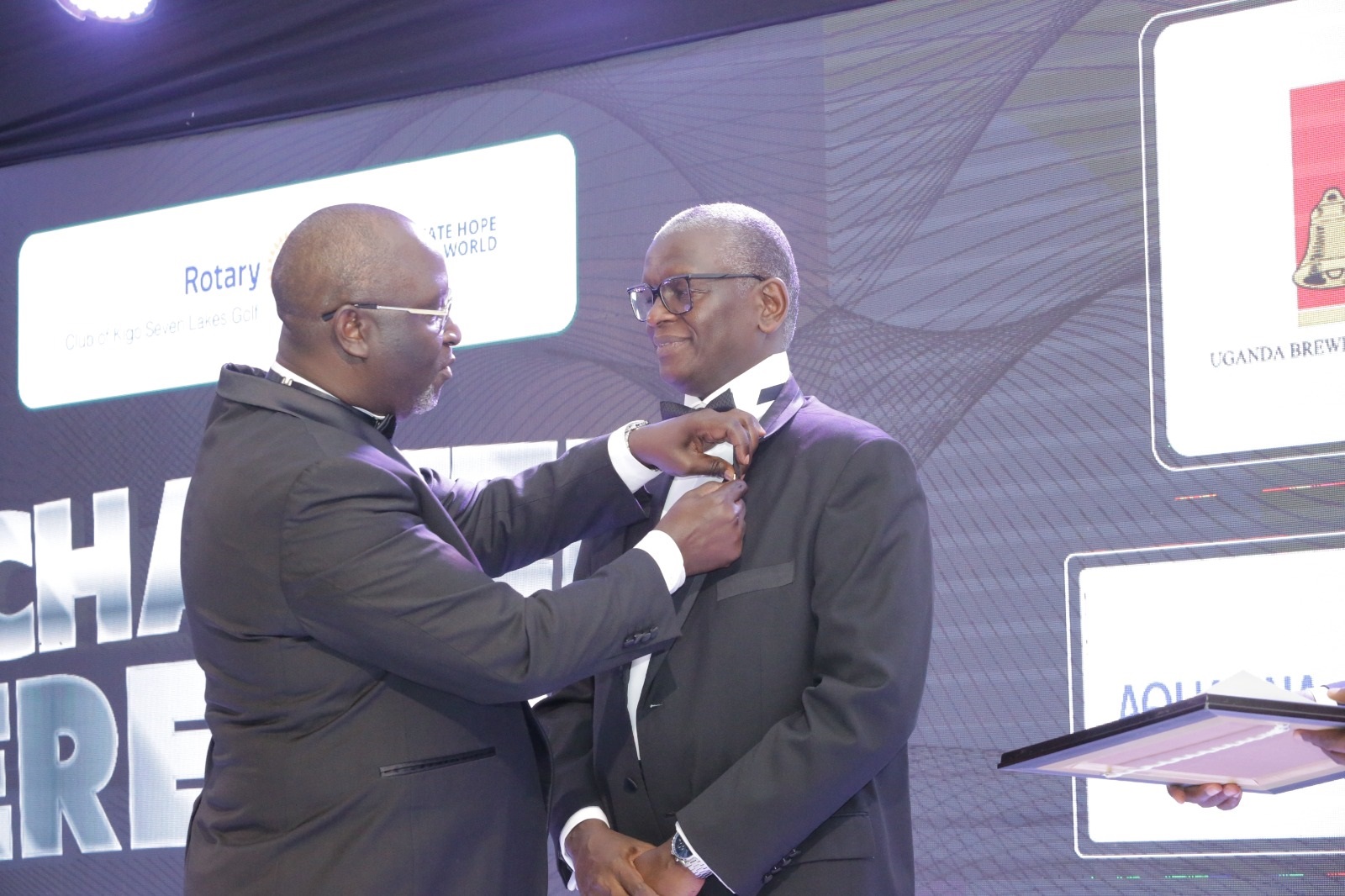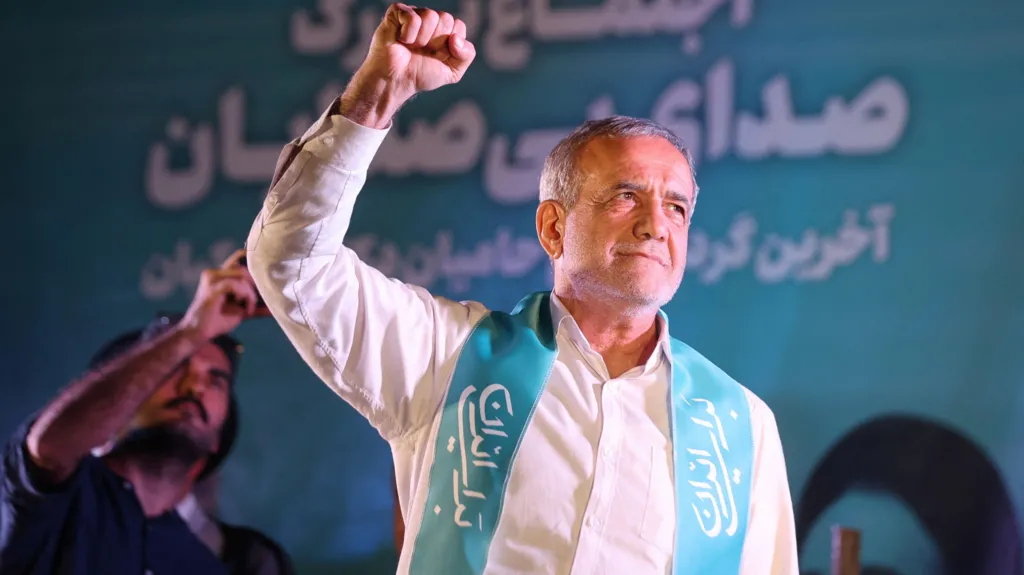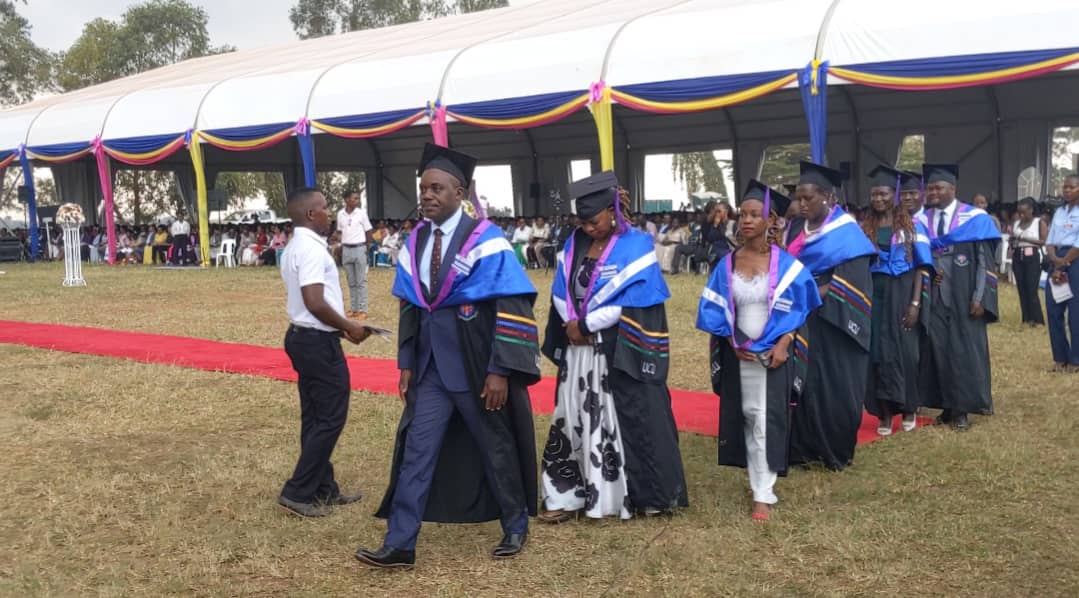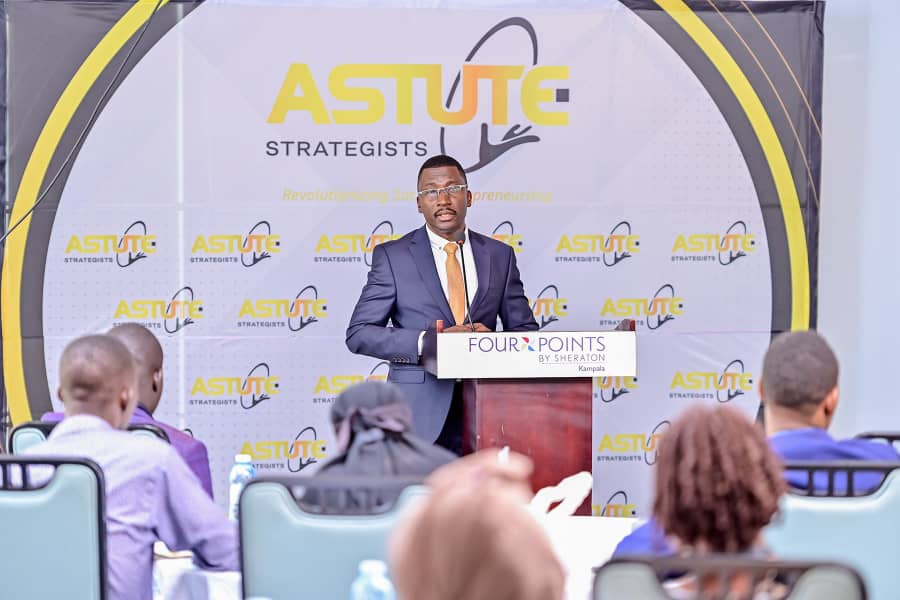Sexuality education is key in reducing teenage pregnancies, activists say
Activists have insisted that formal sexuality education will help reduce adolescent sexual risky behaviours when provided before sexual initiation and in turn help reduce teenage pregnancies.
“In the last Uganda Demographic Health survey, in all other indicators we performed well but one indicator that remained unchanged is the rate of teenage pregnancy. Five years ago, we were at 24% and still we are at 24%. What have we not done right? The biggest challenge is because we have not handled the issue of sexuality education in schools well. This age-appropriate sex education in our schools,” said Jackson Chekweko, the Executive Director for Reproductive Health Uganda.
Keep Reading
“We have fronted a moralistic approach to address this concern. We all agree abstinence is the best way and every parent would love their child to remain without getting mixed up until their wedlock. That is the ideal but we are also aware young people are diverse. There are those brought up in an organized family setting, those who grow up behind walls, those who grow up on streets and in slums and mushrooming town centres. These needs different approaches of addressing their reproductive health concerns.”
Chekweko was on Saturday speaking during the Inter University Dialogue (IUD) ,an event that brings together young people from different higher education institutions joined by civil society organisations, policymakers and decision-makers to freely deliberate on sexual reproductive health and rights issues affecting young people.
This year’s dialogue was organized at Kyambogo University.
According to the Reproductive Health Uganda boss, it is high time Uganda changed the approach, noting that sexuality education will greatly help reduce teenage pregnancies.
“You can’t prescribe abstinence to a young person who has grown up on streets and in slums. Yes, we prefer every child abstains until the right age but for those already engaged in active sex should use protection against HIV and unwanted pregnancies. We also have modern contraceptives and methods that keep a woman away from unwanted pregnancy for three years.”
He insisted that teenage pregnancy rate is still up because there is something that the country is doing wrong.
Peter Eceru, the program Coordinator for Advocacy at the Center for Health Human Rights and Development said it is high time the country stopped living in self-denial about what is happening.
“t's an honest conversation that we should accept as a community and accept that there's alot of sex happening among the young people. We must acknowledge the reality that our young people are sexually active. This is critical for addressing the root causes of the high prevalence of teenage pregnancy and health issues among this age-group,” Eceru said.
The Reproductive Health Uganda Executive Director, Jackson Chekweko said interactions like the Inter University Dialogue help activists put across messages about reproductive health to youths.
“During these meetings, we share with young people that if you had made a mistake and had unprotected sex, there is still an opportunity to save yourself from being infected with HIV by going to a health facility and asking for PEP(Post-Exposure Prophylaxis) and use before 72 hours elapse. We are also saying if you are not using a family planning method and by accident you have unprotected sex, there is still also an opportunity to save you from getting an unwanted pregnancy by using emergency contraception. We are also encouraging those who haven’t had sex that they are heroes and should continue with that line,” Chekweko said.
He said such safe places help young people interact with policymakers, civil society organisations and other decisionmakers to openly speak about reproductive health issues and find solutions to the problems they might be facing.
Dr.Jessica Nsungwa, the commissioner in charge of maternal health in the Ministry of Health welcomed such interactions that she said are of great importance.
“These meetings are about having a positive and respectful approach which is not negative in approach to sexuality and free from coercion. Such interactions help play a significant role in shaping our minds and the future generation. It is through open and honest dialogues like this one that we can break the barriers about talking about sexuality, sexual health and wellness. These dialogues help speak about the different misconceptions,” Dr. Nsungwa said.



